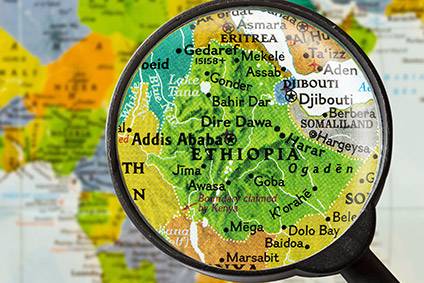
PVH says it will close the site on 25 November, adding it had worked for over five years with the government, civil society, and business partners in Ethiopia to make the park a leader in inclusive development and was proud of the work it had done there.
The factory opened in 2016 and this summer, after PVH sold its Heritage Brands portfolio, it took the decision to transfer the facility over to a partner in Ethiopia before tensions escalated.
“The sale of PVH’s Heritage Brands earlier this year led PVH to begin planning a smooth transition of the facility to a trusted supply partner who is already active in Ethiopia. The speed and volatility of the escalating situation there made the transition no longer possible, resulting in the difficult decision to close the facility,” a spokesperson for the company told Just Style.
“At PVH, we seek to do the right thing for our people and the communities in which we operate around the world. We are extremely sensitive to the impact of this decision on our associates and will put them first in all our decisions.
“PVH will compensate all local operators in accordance with Ethiopian legal requirements, along with an additional payment of three months’ severance to all workers, which was arrived at following consultation with the Industrial Federation of Textile, Leather and Garment Workers Union of Ethiopia (IFTLGWU). PVH remains committed to its third-party manufacturing partners in Hawassa Industrial Park.”
Earlier this month, the US announced it would strip Ethiopia of its privileges under the African Growth and Opportunities Act (AGOA) on concerns over human rights violations in the country.

US Tariffs are shifting - will you react or anticipate?
Don’t let policy changes catch you off guard. Stay proactive with real-time data and expert analysis.
By GlobalDataEthiopia, the twenty-second largest supplier of apparel to the US market, has been an AGOA beneficiary country since its enactment in 2001 with 70% of the US$750m earned by the east African country’s two dozen industrial parks since 2014, ending up in the US market under AGOA.
The loss of the AGOA trade benefit is effective from 1 January. It is a huge blow to the economy as under AGOA Ethiopia mainly exports textile, leather, and footwear products, with a smaller amount of horticulture and food items also among these goods.
One manufacturer told Just Style exclusively the move would send the majority of the population back into a state of poverty as many garment suppliers explore their exit from the country.



